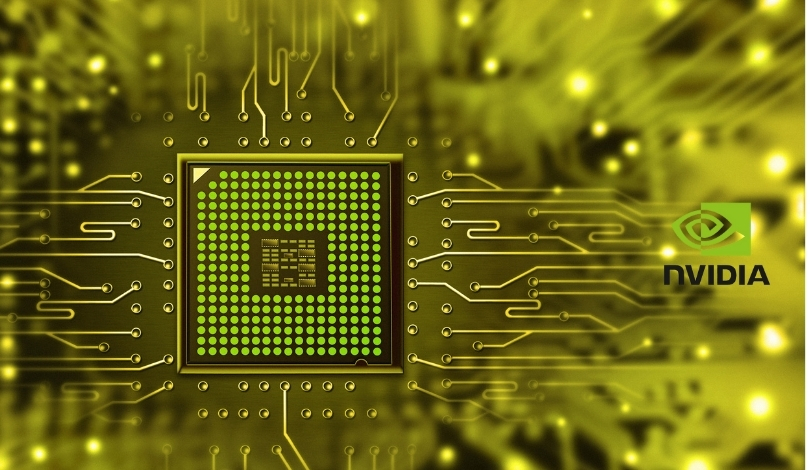The anticipated launch of DeepSeek’s R2 artificial intelligence model encountered major obstacles when the company attempted to use Huawei’s Ascend chips for model training. This move was intended to showcase support for domestic technology in line with China’s push towards technological self-reliance. Instead, persistent technical setbacks during the training phase caused significant delays. Observers note that reliable model training is central for advanced AI, and limitations in hardware capability can alter project direction and timelines. As other firms in China pursue similar national priorities, DeepSeek’s experience draws wider attention to current boundaries in local chip performance. Delays and the need to revert to more established hardware come as the global market for AI accelerates.
Recent reports describe DeepSeek’s earlier success with the R1 model and growing expectations for R2. However, contrasting with earlier optimistic signals regarding domestic alternatives, practical deployment revealed shortfalls not fully anticipated from both technical teams and policy directions. External accounts had painted a picture of rapid hardware advances, but challenges highlighted by DeepSeek confirm that such progress is uneven, especially when compared to Nvidia’s mature offerings. The company’s reliance on foreign chips, despite policy incentives to adopt local solutions, reflects real-world technical constraints and reaffirms the competitive edge of established industry leaders like Nvidia.
Technical Barriers Stall Huawei’s Ascend Chip Deployment
Sources indicate that DeepSeek’s decision to utilize Huawei’s Ascend chips was strongly influenced by government narratives promoting self-reliance. Still, technical attempts at training the R2 model on these chips repeatedly failed. Even with onsite assistance from Huawei engineers, successful large-scale model training could not be achieved on the Ascend hardware. This setback led DeepSeek to halt its planned May launch and resume work using Nvidia systems for training.
What Steps Did DeepSeek Take to Mitigate Delays?
In response to the training issues, DeepSeek shifted its strategy, prioritizing operational reliability over policy preference. The IT team continued exploring the possibility of using Huawei chips for AI inference, a less demanding phase than training. Addressing the delays publicly, a DeepSeek spokesperson commented,
“Our team is focused on delivering a robust AI model and is evaluating all available technological avenues to meet quality standards.”
How Do Broader Policy Goals Impact AI Hardware Choices?
Despite ongoing promotion of local hardware by Beijing, companies like DeepSeek are often caught between policy directives and operational imperatives. Restrictions introduced for purchases of Nvidia’s export-compliant H20 chips emphasize the push for indigenous technology, yet industry professionals note that immediate performance needs can outweigh longer-term goals. DeepSeek’s founder, Liang Wenfeng, reportedly addressed internal teams to recalibrate strategy, stating,
“We must set higher technical benchmarks to position our company at the forefront of AI development.”
Balancing local innovation efforts with global competitive realities remains complex for AI firms in China. While industry policy favors self-sufficiency, hardware reliability can dictate project outcomes. AI model training, which demands robust computational power and stability, exposes any performance disparities between domestic and foreign hardware. Internationally, market leaders like Nvidia continue to provide consistent solutions for high-stakes AI workloads, underscoring the ongoing challenge for competitors seeking to narrow the technological gap. For businesses considering deep learning infrastructure, aligning project requirements with hardware capabilities is pivotal. Understanding the distinct technical requirements between model training and inference phases can help firms make decisions that minimize risk and ensure timely delivery.
- DeepSeek faced delays after Huawei’s Ascend chips failed during R2 training.
- The company reverted to Nvidia systems to continue its AI development.
- The incident highlights the gap in performance between domestic and imported chips.










